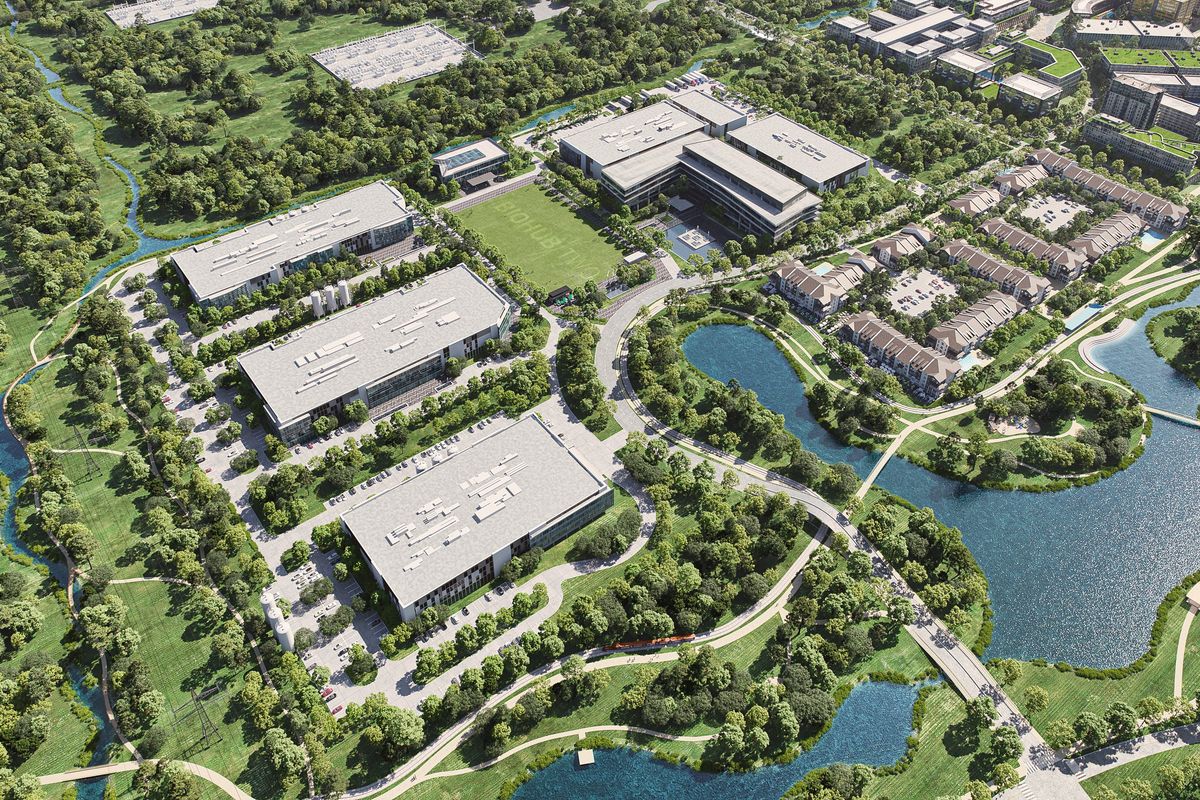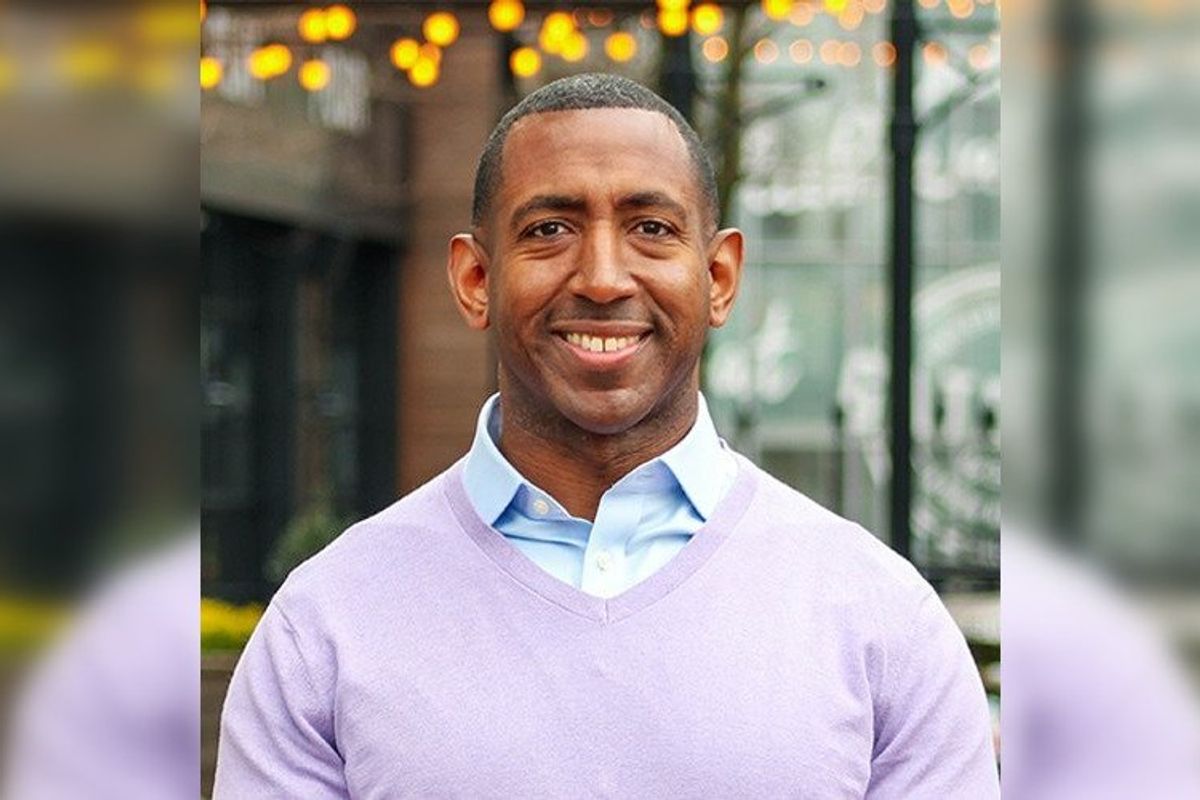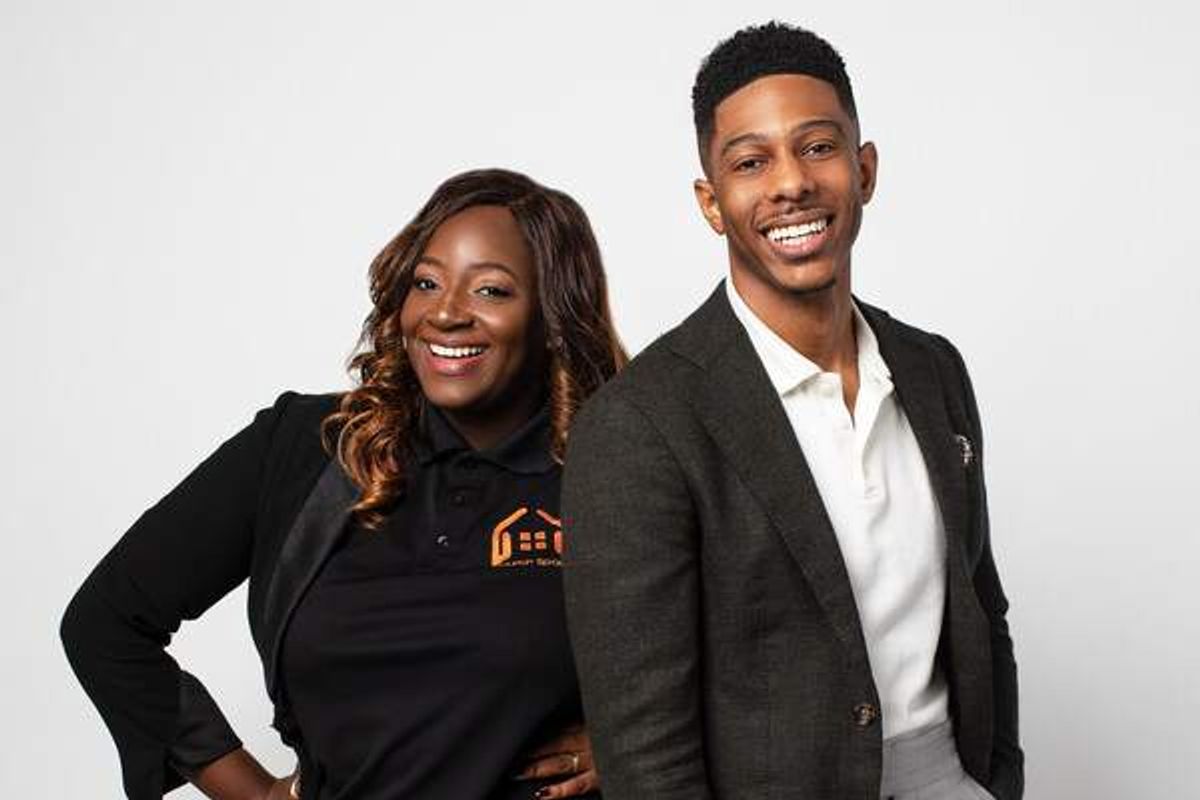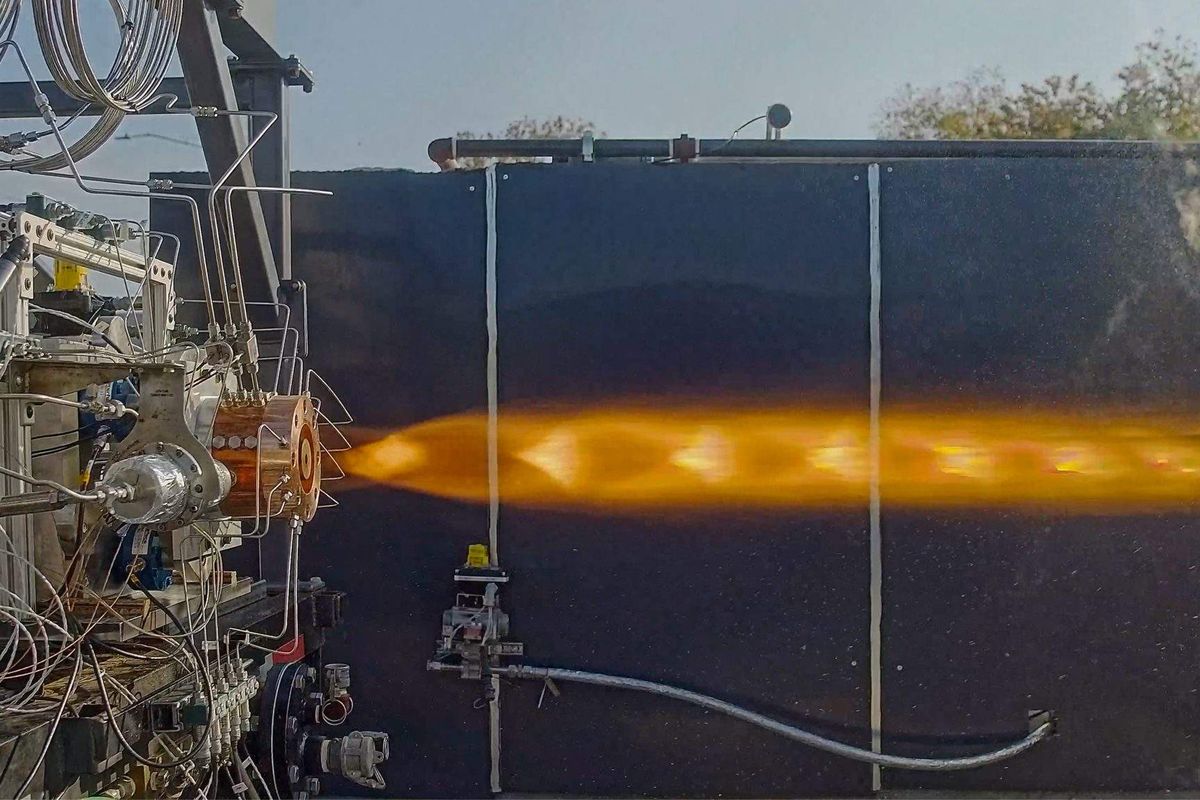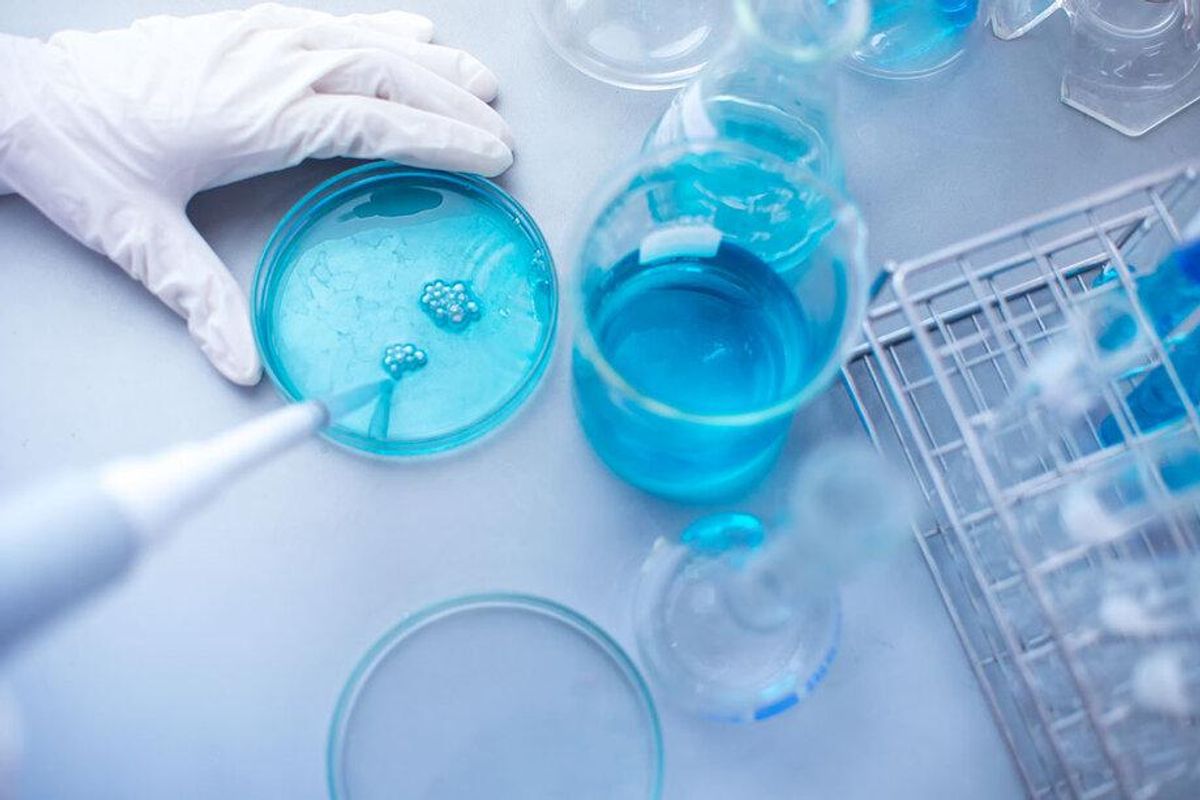Houston founder on shaping the future of medicine through biotechnology and resilience
Guest Column
Living with chronic disease has shaped my life in profound ways. My journey began in 5th grade when I was diagnosed with Scheuermann’s disease, a degenerative disc condition that kept me sidelined for an entire year. Later, I was diagnosed with hereditary neuropathy with liability to pressure palsies (HNPP), a condition that significantly impacts nerve recovery. These experiences didn’t just challenge me physically, they reshaped my perspective on healthcare — and ultimately set me on my path to entrepreneurship. What started as personal health struggles evolved into a mission to transform patient care through innovative biotechnology.
A defining part of living with these conditions was the diagnostic process. I underwent nerve tests that involved electrical shocks to my hands and arms — without anesthesia — to measure nerve activity. The pain was intense, and each test left me thinking: There has to be a better way. Even in those difficult moments, I found myself thinking about how to improve the tools and processes used in healthcare.
HNPP, in particular, has been a frustrating condition. For most people, sleeping on an arm might cause temporary numbness that disappears in an hour. For me, that same numbness can last six months. Even more debilitating is the loss of strength and fine motor skills. Living with this reality forced me to take an active role in understanding my health and seeking solutions, a mindset that would later shape my approach to leadership.
Growing up in Houston, I was surrounded by innovation. My grandfather, a pioneering urologist, was among the first to introduce kidney dialysis in the city in the 1950s. His dedication to advancing patient care initially inspired me to pursue medicine. Though my path eventually led me to healthcare administration and eventually biotech, his influence instilled in me a lifelong commitment to medicine and making a difference.
Houston’s thriving medical and entrepreneurial ecosystems played a critical role in my journey. The city’s culture of innovation and collaboration provided opportunities to explore solutions to unmet medical needs. When I transitioned from healthcare administration to founding biotech companies, I drew on the same resilience I had developed while managing my own health challenges.
My experience with chronic disease also shaped my leadership philosophy. Rather than accepting diagnoses passively, I took a proactive approach questioning assumptions, collaborating with experts, and seeking new solutions. These same principles now guide decision-making at FibroBiologics, where we are committed to developing groundbreaking therapies that go beyond symptom management to address the root causes of disease.
The resilience I built through my health struggles has been invaluable in navigating business challenges. While my early career in healthcare administration provided industry insights, launching and leading companies required the same determination I had relied on in my personal health journey.
I believe the future of healthcare lies in curative treatments, not just symptom management. Fibroblast cells hold the promise of engaging the body’s own healing processes — the most powerful cure for chronic diseases. Cell therapy represents both a scientific breakthrough and a significant business opportunity, one that has the potential to improve patient outcomes while reducing long-term healthcare costs.
Innovation in medicine isn’t just about technology; it’s about reimagining what’s possible. The future of healthcare is being written today. At FibroBiologics, our mission is driven by more than just financial success. We are focused on making a meaningful impact on patients’ lives, and this purpose-driven approach helps attract talent, engage stakeholders, and differentiate in the marketplace. Aligning business goals with patient needs isn’t just the right thing to do, it’s a powerful model for sustainable growth and lasting innovation in biotech.
---
Pete O’Heeron is the CEO and founder of FibroBiologics, a Houston-based regenerative medicine company.

